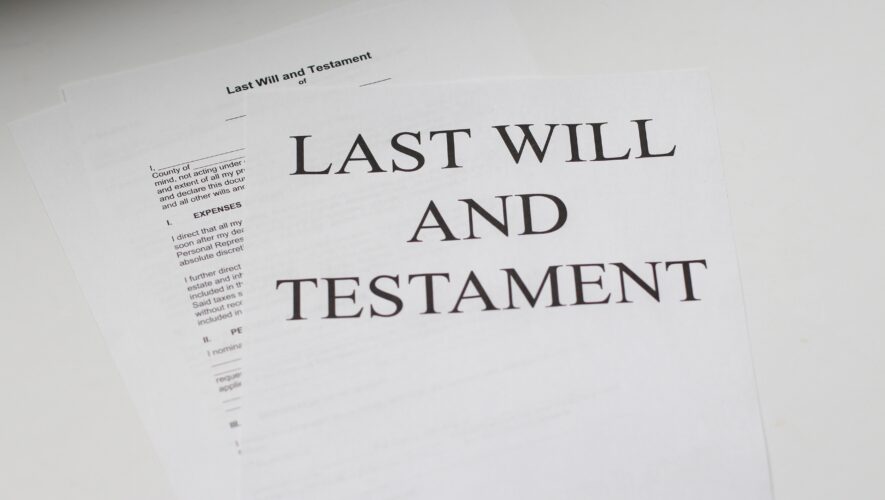The Nova Scotia Supreme Court has ruled that portions of the province’s dependants’ relief legislation, which allow adult independent children to apply for variation of a will because it provides inadequate maintenance and support, are unconstitutional.
“The decision expands the scope of the liberty interest protected in s. 7 of the Charter of Rights by recognizing that a testator’s decision goes to a person’s identity and therefore to the heart of their liberty, as opposed to being just an economic decision,” says Richard Norman, a partner in Cox & Palmer’s Halifax office, who represented Michael Lawen, one of two applicants in Lawen Estate v. Nova Scotia (Attorney General) 2019 NSSC 162.
As it turns out, the case could have reverberations at the other end of the country, in British Columbia.
“B.C.’s legislation is very similar to our statute,” Norman says. “And both are outliers, because nowhere else in Canada can adult children who are not legal dependants simply say, ‘It’s not right that I didn’t get anything’.”
There has been considerable tension in the case law regarding s. 7.
“Does ‘liberty’ just refer to the freedom from being unjustly imprisoned or does it have a larger meaning that restricts government action that affects individuals’ most important decisions and are essential to their sense of identity?” Norman says. “This case comes down on the side of protecting very important, very personal decisions.”
Jack Lawen had three daughters and a son when he died. He left the daughters $50,000 each and the remainder to his son.
The daughters applied for dependant’s relief. The pertinent sections of the province’s Testator’s Family Maintenance Act (TFMA) permits the “child” of a testator to apply for variation of a will. “Dependant” is defined to include a “child of a testator”.
As Justice John Bodurtha saw it, the legislation eliminated “actual dependency or need” as a condition of relief under the TFMA.
“One need only be a child, widow, or widower of the testator,” he wrote.
What that meant was that the Supreme Court of Canada’s decision in Tataryn v. Tataryn Estate [1994] S.C.J. No. 65 allowed Nova Scotia courts to consider testators’ moral (as well as legal) obligations in determining whether the will provided adequate maintenance and support for “dependants” as defined in provincial legislation.
“Tataryn Estate has been accepted as good authority in interpreting the Nova Scotia TFMA,” Bodurtha wrote.
The estate’s executor and the son responded with an application for a declaration that the portion of the statute that allowed independent adult children to make a claim was unconstitutional.
Bodurtha agreed, ruling that ss. 2(b) and 3(1) of the statute were inconsistent with the Charter and were of no force and effect to the extent that they defined “dependants” to include non-dependent adult children.
The jurisprudence, Bodurtha concluded, supported the conclusions that “(1) testamentary autonomy is not necessarily a purely economic or property matter, and (2) can rise to the level of fundamental personal choice of the kind contemplated in the caselaw under s. 7.”
The upshot was that the impugned portions of the legislation infringed on testators’ liberty interests — and in this case the infringement was not saved by s. 1 of the Charter, which makes rights and freedoms “subject only to such reasonable limits prescribed by law as can be demonstrably justified in a free and democratic society.”
Indeed, Bodurtha noted, “section 7 violations are particularly difficult to justify under section 1.”
As was the case here.
“If testamentary freedom is an aspect of liberty under s. 7, it is difficult to see how a ‘pressing and substantial objective’ that would justify setting it aside could be rooted in the ‘proprietary interest’ of a non-dependent adult child of a testator,” Bodurtha wrote. “The Attorney General has not identified a coherent objective to be achieved by extending TFMA coverage to non-dependent adults. This conclusion is bolstered by a consideration of the uncertain position of ‘moral’ considerations in Charter analysis.”
Nova Scotia has appealed.
